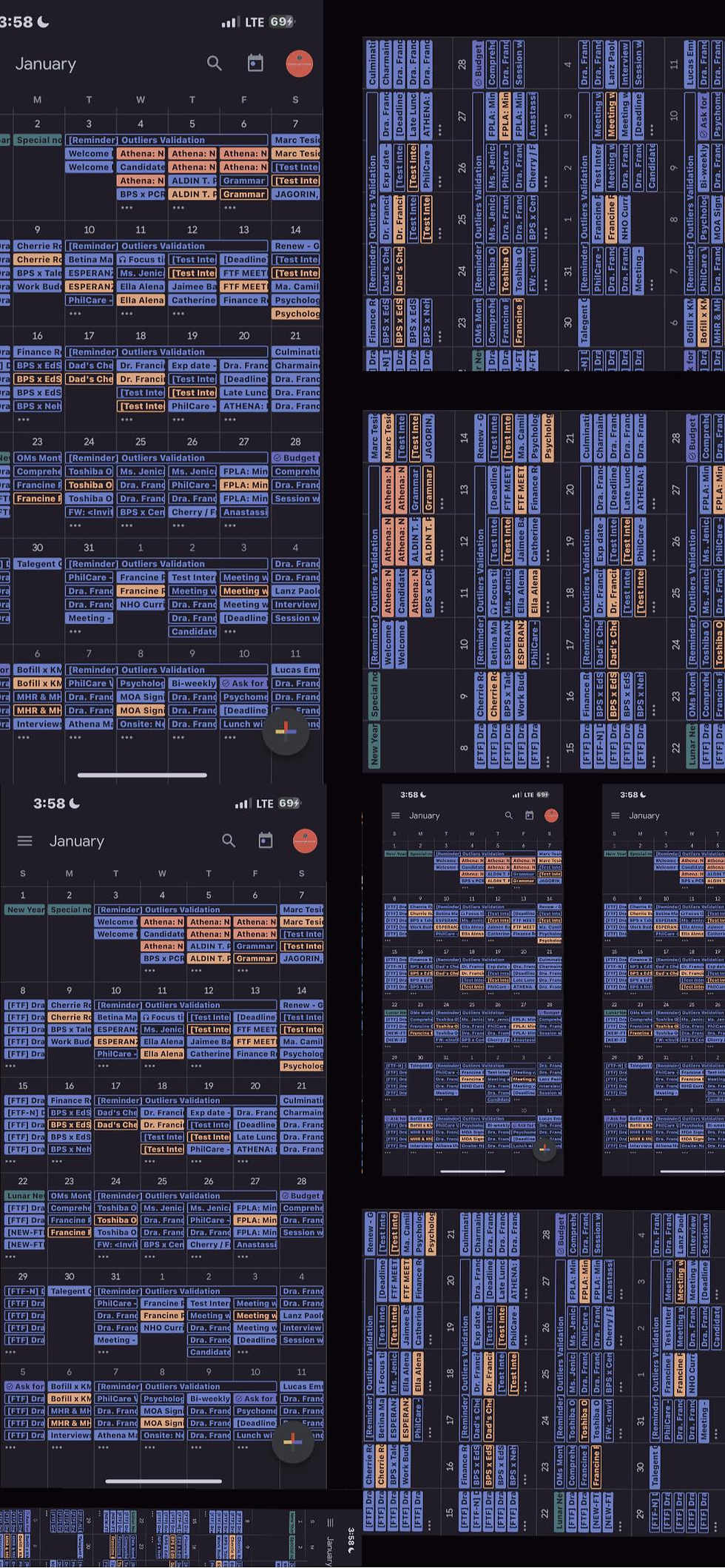Add To Cart Your Personality and Check Out the Mental Health Effects of Online Shopping!
- Daniel Julio Angeles
- Sep 8, 2021
- 3 min read
Have you ever felt guilty for spending too much on online shopping apps such as Lazada and Shopee? Did you ever wonder why you got so addicted to online shopping in the first place?

I’m not sure if you’ve noticed, but the online shopping apps you use have a fundamental and beginner-friendly user interface! This has been proven to increase the shopping behavior of many and invite others to start online shopping. But, there is another factor. Funnily enough, your personality plays a part in your online shopping behavior.
Before we delve into the nitty-gritty of the studies I’m about to share, let me brief you on the personality model most of these studies used. The Big Five Model of Personality, also known as O.C.E.A.N., is used by many psychologists and clinicians alike to understand an individual’s personality. You can have a high or low degree in any of the five traits presented. Openness to experience demonstrates an inquisitive individual with the inclination to intellectual and stimulating challenges. Conscientiousness refers to those who are meticulous, organized and having the ability or propensity of foresight. Extraversion. Ah, the extraverts. You all know them as socially outgoing individuals who immerse themselves in personal interactions and social activities. Agreeableness shows those who are understanding of other people and the capability to be caring and empathetic. Lastly, Neuroticism can be seen in people with negative affect, emotional instability, and irritability in most situations. If you want to know more about your personality, there are free Five-Factor Model tests online you can try!
As it turns out, each of those five personality traits is prone to online shopping (no one can escape, haha!) - they just differ in their motivations. People who score high in Openness to Experience do online shopping to venture out and explore possibilities. Those high in Conscientiousness, on the other hand, do online shopping for the convenience of it. Who wouldn’t want to shop and stay safe at the same time? I wouldn’t pass on that! Extraverted people enjoy online shopping because of the social interaction they receive, looking at comments of others, or sharing the experiences with their friends. An individual high in Agreeableness shops online for the pleasure of doing so and appreciating how useful and practical it is. When individuals score high in Neuroticism, their motivation for online shopping is to avoid socializing and avoid the pressures of physical shopping. To a degree, I think we can relate to that - it’s challenging to shop freely when a sales clerk keeps looking at you or when you have friends or family waiting for you to finish.
Sadly, however, only a few studies have measured the impact of online shopping on one’s mental health and overall well-being. According to Salie and colleagues (2021), online shopping provided comfort for them, especially in a comparable situation to being in an online pandemic. Also, Zheng and Ma (2021) found an increase in happiness and life satisfaction of those who do online shopping.
But remember! We should also be careful of indulging too much in online shopping. Zamboni and colleagues (2021) had participants who lost control of online shopping and thus wasted so much time; they experienced more emotional stress because of that. And it’s just not time we’re losing, but also money as we do in anything financial-related, shop online in moderation. Doing so will let you enjoy the benefits of online shopping while also maintaining your financial wealth and mental health balance.
Shop responsibly!
References:
Huang, J.-H., & Yang, Y.-C. (2010). The relationship between personality traits and online shopping motivations. Social Behavior and Personality: An International Journal, 38(5), 673–679. doi:10.2224/sbp.2010.38.5.673
Jen-Hung, H., & Yi-Chun, Y. (2010). Gender differences in adolescents’ online shopping motivations. African Journal of Business Management, 4(6), 849-857.
Mosteller, J., Donthu, N., & Eroglu, S. (2014). The fluent online shopping experience. Journal of Business Research, 67(11), 2486-2493. https://doi.org/10.1016/j.jbusres.2014.03.009
Salie, M., Snow, M., De Wet, H., Marquard, K., & Swartz, L. (2021). ‘Add to cart’: Prison-based community service for psychologists in South Africa and the comfort of online shopping. Psychodynamic Practice, 1-13. https://doi.org/10.1080/14753634.2021.1939112
Tsao, W. C., & Chang, H. R. (2010). Exploring the impact of personality traits on online shopping behavior. African Journal of Business Management, 4(9), 1800-1812. https://doi.org/10.5897/AJBM.9000280
Turkyilmaz, C. A., Erdem, S., & Uslu, A. (2015). The effects of personality traits and website quality on online impulse buying. Procedia - Social and Behavioral Sciences, 175, 98–105. https://doi.org/10.1016/j.sbspro.2015.01.1179
Wang, S., Wang, S., & Wang, M. T. (2006). Shopping online or not? Cognition and personality matters. Journal of Theoretical and Applied Electronic Commerce Research, 1(3), 68-80. https://doi.org/10.3390/jtaer1030023
Zamboni, L., Carli, S., Belleri, M., Giordano, R., Saretta, G., & Lugoboni, F. (2021). COVID-19 lockdown: Impact on online gambling, online shopping, web navigation and online pornography. Journal of Public Health Research, 10(1). https://doi.org/10.4081/jphr.2021.1759
Zheng, H., & Ma, W. (2021). Click it and buy happiness: Does online shopping improve subjective well-being of rural residents in China? Applied Economics, 1-15. https://doi.org/10.1080/00036846.2021.1897513




Comments